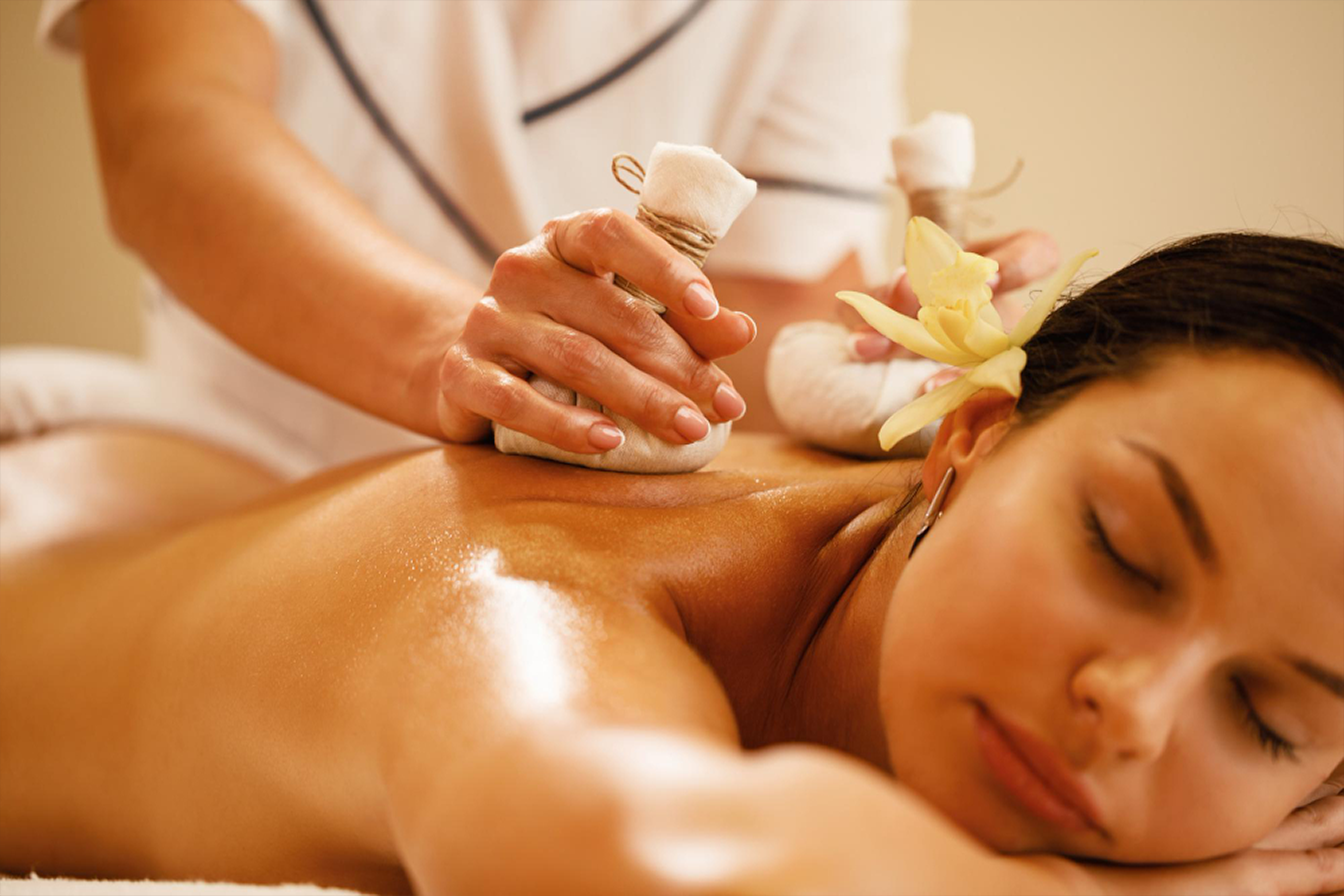The Benefits of Massage: More Than Just Relaxation
Massage therapy is often seen as a luxury reserved for spa days and special occasions. However, its benefits extend far beyond mere relaxation. In fact, regular massage can significantly improve both physical and mental health. Here are some compelling reasons to consider making massage a regular part of your wellness routine.
Transform your space, transform your life—Ho'ōla brings wellness to every corner.

Enhanced blood flow is a critical benefit of massage. The pressure applied during a session moves blood through congested areas, encouraging new blood to flow in. This not only improves oxygen and nutrient delivery to tissues but also helps remove metabolic waste products from muscles and internal organs. Improved circulation can lead to lower blood pressure and better
overall cardiovascular health.
Massage therapy is an effective tool for managing chronic pain conditions such as fibromyalgia, arthritis, and lower back pain. By improving circulation and reducing muscle tension, massage can alleviate pain and promote faster recovery of injured tissues. Techniques like deep tissue massage can target specific areas of tension, providing relief from persistent discomfort.
Massage therapy is an effective tool for managing chronic pain conditions such as fibromyalgia, arthritis, and lower back pain. By improving circulation and reducing muscle tension, massage can alleviate pain and promote faster recovery of injured tissues. Techniques like deep tissue massage can target specific areas of tension, providing relief from persistent discomfort.
Massage therapy can lead to improved sleep quality. By promoting relaxation and reducing stress hormones, massage helps regulate sleep patterns. People suffering from insomnia or other sleep disorders may find that regular massage sessions significantly improve their ability to fall asleep and stay asleep.
Studies have shown that regular massage can boost the immune system. By reducing stress and improving circulation, massage helps to enhance the body’s natural defense mechanisms. This can result in fewer colds, reduced severity of illnesses, and an overall stronger immune response.
Massage can help improve flexibility and range of motion by working on muscles, connective tissues, tendons, and ligaments. Techniques that involve stretching and the manipulation of muscle fibers can keep the body limber, which is particularly beneficial for athletes and older adults.
Regular massage sessions can improve mental clarity and concentration. The
reduction in stress and anxiety allows for better focus and cognitive function. This is particularly beneficial for those with demanding jobs or students who need to maintain high levels of mental performance.
Through improved circulation and lymphatic drainage, massage can aid in the detoxification process. The manual manipulation helps to move lymphatic fluid, which carries waste products away from the tissues. This can enhance the body’s natural detoxification processes and promote a healthier system.
Massage therapy can provide emotional benefits, helping individuals feel more balanced and centered. The nurturing touch of a massage therapist can foster a sense of connection and support, which is particularly important for those experiencing depression, anxiety, or other emotional challenges.
Conclusion
Incorporating massage into your regular health regimen can have profound effects on your physical and emotional well-being. Whether you are seeking relief from pain, looking to reduce stress, or aiming to improve your overall health, massage therapy offers a holistic approach to achieving a balanced and healthy life. So, the next time you think of massage as just a luxury, remember its extensive benefits and consider making it a staple in your wellness routine.


